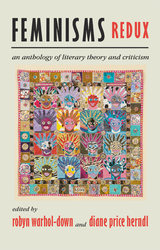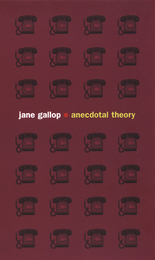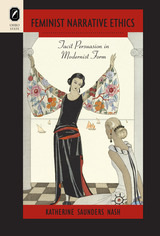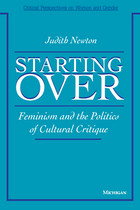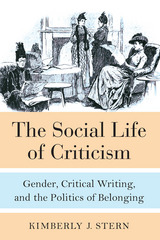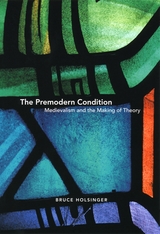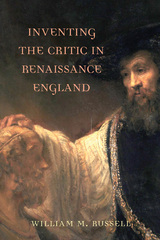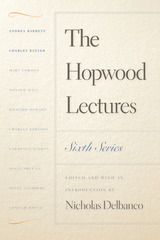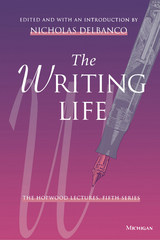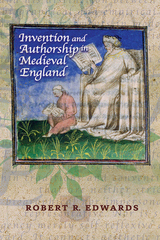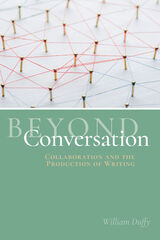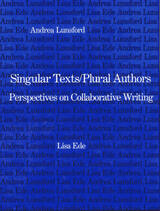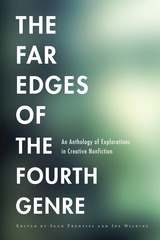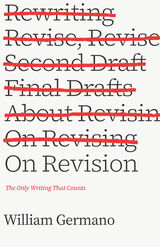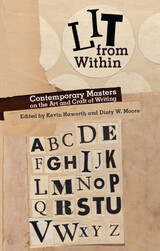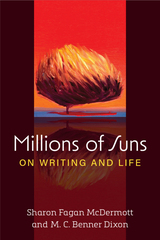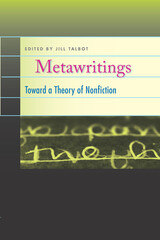Inventing the Critic in Renaissance England
University of Delaware Press, 2011
Cloth: 978-1-64453-190-7 | eISBN: 978-1-64453-192-1 | Paper: 978-1-64453-191-4
Library of Congress Classification PN99.G72R87 2020
Dewey Decimal Classification 801.95094209032
Cloth: 978-1-64453-190-7 | eISBN: 978-1-64453-192-1 | Paper: 978-1-64453-191-4
Library of Congress Classification PN99.G72R87 2020
Dewey Decimal Classification 801.95094209032
ABOUT THIS BOOK | AUTHOR BIOGRAPHY | REVIEWS | TOC
ABOUT THIS BOOK
The turn of the seventeenth century was an important moment in the history of English criticism. In a series of pioneering works of rhetoric and poetics, writers such as Philip Sidney, George Puttenham, and Ben Jonson laid the foundations of critical discourse in English, and the English word “critic” began, for the first time, to suggest expertise in literary judgment. Yet the conspicuously ambivalent attitude of these critics toward criticism—and the persistent fear that they would be misunderstood, marginalized, scapegoated, or otherwise “branded with the dignity of a critic”—suggests that the position of the critic in this period was uncertain. In Inventing the Critic in Renaissance England, William Russell reveals that the critics of the English Renaissance did not passively absorb their practice from Continental and classical sources but actively invented it in response to a confluence of social and intellectual factors.
Published by University of Delaware Press. Distributed worldwide by Rutgers University Press.
Published by University of Delaware Press. Distributed worldwide by Rutgers University Press.
See other books on: Critic | Early modern, 1500-1700 | English literature | Inventing | Renaissance England
See other titles from University of Delaware Press

